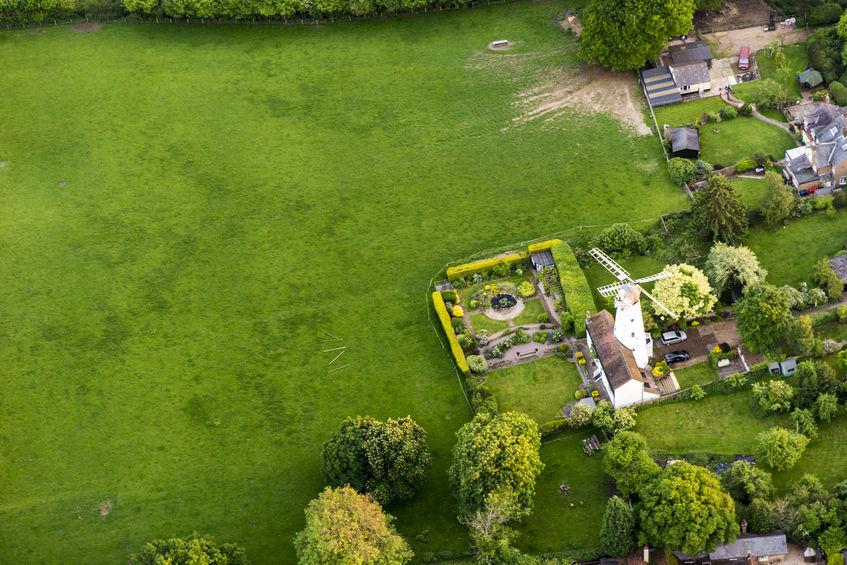
Farmers who want to give assets to the next generation but don’t want to wait seven years to qualify for Agricultural Property Relief are being urged to use a Discretionary Trust.
According to rural accountant Old Mill, using a Discretionary Trust eliminates the requirement to live for seven years after making a gift and also helps when assets are likely to fall out of agricultural use over that time.
“It’s not uncommon for farming parents to consider making gifts in their lifetime of certain properties on the farm to the next generation as part of succession and inheritance tax planning,” explains chairman of the board Mike Butler.
“Often farmers want to make over surplus farm cottages, for example, to non-farming beneficiaries while passing on the core farming assets to those who are taking over the main business.”
Any assets that benefit from Agricultural Property Relief (APR) have their value discounted to nil in terms of Inheritance Tax (IHT).
“But non-farming assets do not qualify for APR, so it is advisable to transfer surplus properties over before they fall into non-agricultural use,” says Mr Butler.
Fixing the relief
However, if the recipient ceases to use the asset for agricultural purposes and the donor dies within seven years of making the gift, then the value of the asset will be brought back into the estate, thereby making it chargeable to IHT - even if the asset qualified for the relief at the time of the original gift.
This is where the Discretionary Trust comes in - fixing the relief when the gift is made, even if the agricultural use of the asset is to cease shortly after, says Mr Butler.
“The simple way of achieving this is by not transferring the asset directly to the recipient but placing it within a Discretionary Trust,” he explains.
“The tax treatment is different in that even if the asset subsequently ceases to be eligible for APR there is no risk of having to look back at that gift and suffer the loss of the IHT relief should the donor die within the seven-year period.”
'Seriously consider'
Of course, many people don’t want to be hamstrung by holding assets within a Trust. “There is no need to leave the assets within the Trust; they can be distributed out to beneficiaries once the seven-year anniversary has expired,” he explains.
“However, there may be good reason to leave the asset within the Trust where there is uncertainty as to who the asset is to go to, and also to provide an element of protection in matrimonial issues.”
It is also important for donors to consider only transferring assets up to the IHT threshold of £325,000 to ensure this strategy has full effect.
This would mean two parents in a farming family could make over assets up to the value of £650,000, and potentially more, depending on circumstances.
Mr Butler continued: “With the value of property increasing and the risk of IHT relief being withdrawn by future governments, farmers should seriously consider taking advantage of the opportunities available today – rather than hope it will be possible to act at a later date.”
